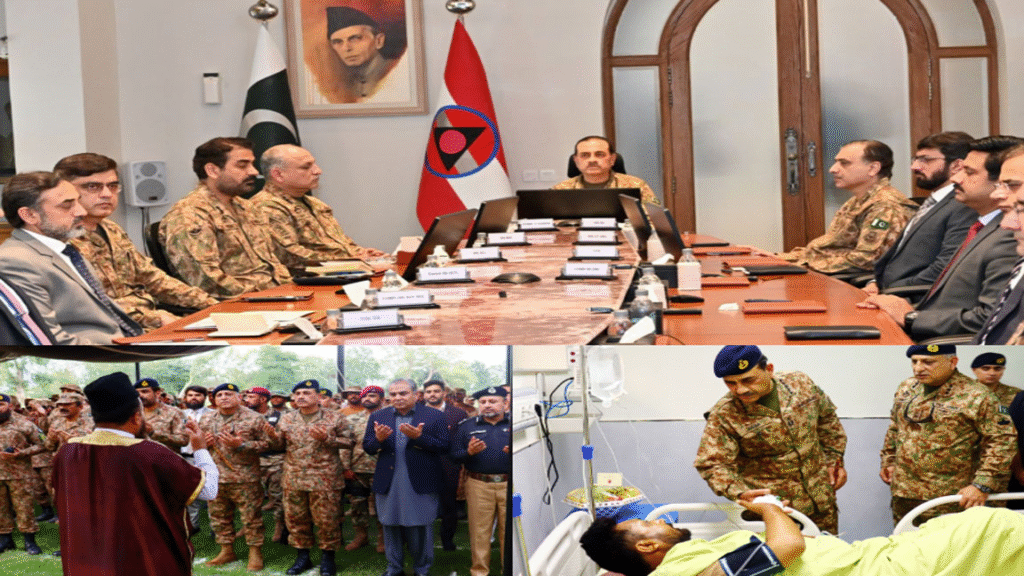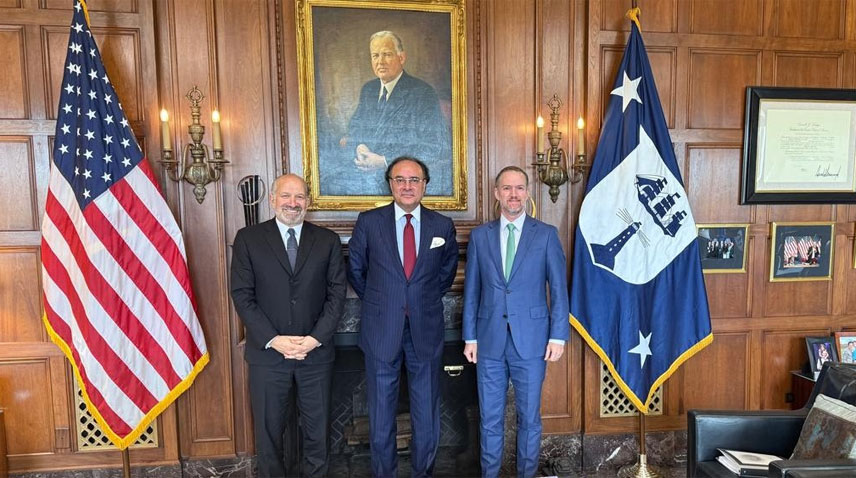Pakistan’s military leadership has reinforced its dedication to national security and justice, as Field Marshal Asim Munir, the Chief of Army Staff, reaffirmed the army’s unwavering stance against those aiding or carrying out acts of terrorism. His statement underscores a critical moment in Pakistan’s ongoing efforts to combat extremism and secure internal stability.
A Clear and Forceful Message
During a high-profile press briefing in Islamabad, Field Marshal Munir emphasized that the Pakistani military will leave no stone unturned in identifying and bringing to justice both individuals who commit terrorist acts and those who provide logistical, financial, or ideological support. “Facilitators and perpetrators of terrorism will be held accountable under the law,” he asserted.
This declaration follows a wave of targeted anti-terror operations conducted across various provinces, including Khyber Pakhtunkhwa, Balochistan, and Punjab. The military chief’s remarks indicate a broader strategic crackdown—one that goes beyond combat operations and aims to dissect entire terror networks through intelligence-driven policing and judicial collaboration.

Strengthening the Security Framework
Field Marshal Munir outlined the synergy between military intelligence, law enforcement agencies, and local authorities in identifying clandestine support systems for terrorist outfits. He stressed the importance of:
- Timely information sharing between provincial police, the Inter-Services Intelligence (ISI), and military intelligence.
- Maintaining ongoing anti-money laundering investigations aimed at stopping the flow of terror financing.
- Coordinated efforts with civilian courts, enabling efficient prosecution of arrested suspects.
- Enhanced community outreach and education to prevent radicalization at grassroots levels.
These initiatives reflect a multi-pronged effort to not only neutralize immediate threats but also dismantle underlying infrastructure that fuels extremism.
National and International Impact
Munir’s resolve has been widely welcomed within political and social circles in Pakistan, with analysts calling it the “most decisive stance against extremism in recent years.” Many hope the approach signals a possible decline in terror threats, especially in urban centers which have seen spikes in militant-inspired violence.
International partners, including key allies in counterterrorism efforts, are monitoring Pakistan’s approach. Improved intelligence cooperation and coordinated legal actions may restore confidence in the country’s ability to manage security challenges—a potentially positive sign for foreign investment and diplomatic engagement.
Challenges on the Path Ahead
Despite progress, several obstacles remain:
- Judicial and Bureaucratic Hurdles: Trials of terrorism suspects often encounter procedural delays and overturned verdicts, undercutting restoration of public trust.
- Cross-border Dynamics: Insurgent networks frequently exploit ungoverned border regions, complicating efforts to dismantle them.
- Ideological Battleground: Countering extremist ideologies requires consistent community outreach and educational reforms—long-term undertakings that often face resistance.
- Resource Allocation: Sustaining intelligence-driven operations demands substantial funding and coordination, particularly in underdeveloped rural areas.
Looking Forward
Field Marshal Munir’s strategy signifies more than a military doctrine—it reflects a national imperative to dismantle terrorism networks at their roots. His bold stance suggests that:
- A significant uptick in intelligence-based raids and probe operations may be underway.
- Judicial pathways will be fortified, aiming for harsher sentencing and shorter trial delays.
- The military will expand its role in community education, reinforcing counter-messaging against extremist ideologies.
- Collaboration with security partners from the UN, FATF, and regional security alliances may strengthen intelligence-sharing and border control mechanisms.
Prepared for Resistance and Resolution
Faced with both internal extremism and external strategic challenges, Pakistan’s military leadership has framed this initiative as a long-term endeavor. Successfully addressing terrorism at its source, rather than focusing solely on its manifestations, would represent a marked shift in counterterrorism policy.
By targeting the enablers and financiers—not just the immediate threats—the army aims to weaken the systemic infrastructure that allows terror to persist. Whether this strategy translates into sustained security improvements and reduced violence remains to be seen.
#AsimMunir #PakistanSecurity #CounterTerrorism #TerrorFacilitators #NationalSecurity #AntiTerrorOperations #ISI #MilitaryJustice #SafePakistan #CounterExtremism

















